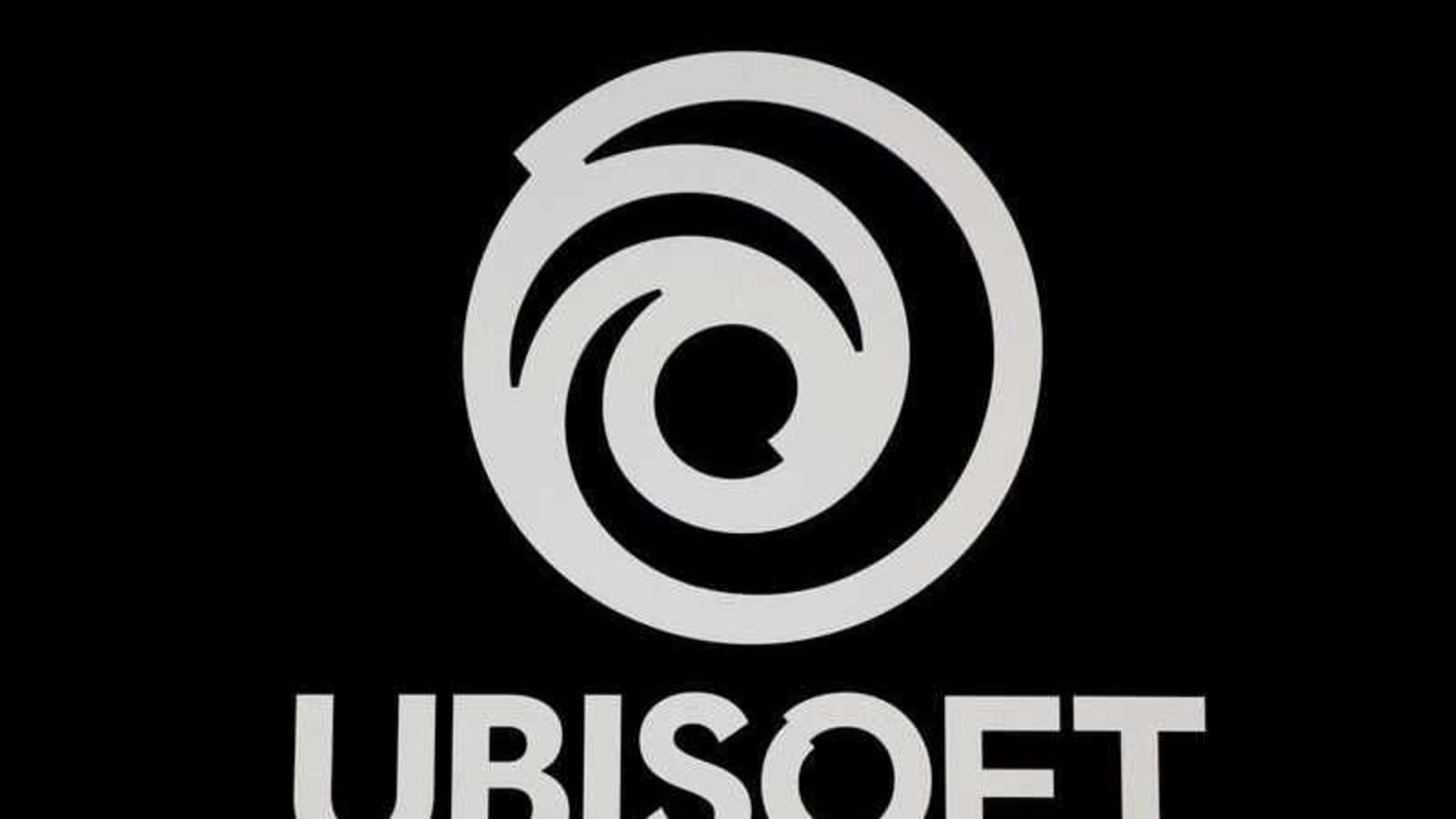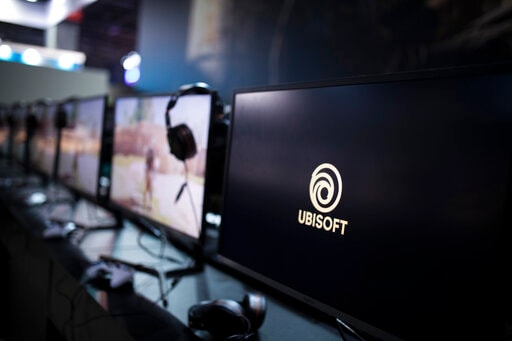Ubisoft’s planned King Arthur game was nixed by ex-creative head
Hascoët resigned earlier this month after multiple allegations of sexual misconduct at the company, including accusations that he enabled and facilitated a frat house-like culture.

When Ubisoft Entertainment SA hired Mike Laidlaw, the well-respected designer of the Dragon Age video game series, in late 2018, expectations were high. Fans were excited to see what kind of game he might be dreaming up next.
In fact, Laidlaw was directing development of a role-playing game code-named Avalon, according to people familiar with the project. It was a big-budget adventure involving stories of King Arthur and his Round Table in a sword-and-sorcery fantasy world full of knights and legends. But just over a year later, before releasing any games, Laidlaw quit.
According to current and former employees, Avalon was canceled by Ubisoft's powerful chief creative officer, Serge Hascoët. Wielding an unusual amount of control over content at the French publishing powerhouse, Hascoët was credited for blockbuster franchises like Far Cry, a first-person shooter series, and Assassin's Creed, a series of action games based on historical events like the Crusades and in settings such as ancient Egypt. But Hascoët wasn't a fan of the fantasy genre and set a high bar for the Avalon team in Quebec City, Canada. If they were going to make a fantasy game, it had to be “better than Tolkien,” he told them, according to people familiar with the project.
ALSO READ: Ubisoft places 2 executives on leave following misconduct allegations
His grip on power also stifled creativity at Ubisoft, according to people familiar with the company's internal procedures. Current and former Ubisoft developers said Hascoët rejected some ideas with great potential and alienated high-profile employees, limiting the company's potential.
Laidlaw and an Ubisoft spokesperson declined to comment. Hascoët did not respond to requests for comment.
Last year, Ubisoft released two big flops: The Division 2, which was critically acclaimed but commercially underwhelming; and Ghost Recon Breakpoint, which was panned by critics and fans. By the end of the year, Ubisoft's stock had fallen 40% from its high a year earlier. As a result, Ubisoft reorganized its editorial division in an attempt to diversify its games. Two of the people promoted at the time, Maxime Béland and Tommy François, are the subject of a company investigation for sexual misconduct claims. Beland has resigned; Francois's employment status remains unclear.
In the wake of the harassment scandal Chief Executive Officer Yves Guillemot has promised big cultural changes. Some Ubisoft employees are wondering if the company's creative structure will change too, diversifying the leadership ranks and creating an opportunity for a more expansive and potentially lucrative list of titles.


Ubisoft has sometimes been criticized by fans and pundits for using similar tropes and ideas for many of its games. Its biggest franchises, including Watch Dogs, Far Cry and the Tom Clancy games, are all vast open worlds with realistic settings, which was no coincidence. Before Avalon, Hascoët rejected pitches for several other fantasy-style games, according to people familiar with Ubisoft's development processes.' Hascoët, and Ubisoft's marketing department, also prevented the developers of the last three Assassin's Creed games from writing larger roles for their female protagonists, Bloomberg Businessweek has reported.
Within Ubisoft's management, Hascoët was seen as responsible for the success of the open-world formula that turned the publisher's franchises into blockbusters. But his level of power was unique in the industry. Most other game publishers have multiple creative decision-makers rather than a single person, a setup that Cowen & Co. analyst Doug Creutz said may be more effective.
“I think it is a good thing to have a ‘brain trust' of a relatively small number of highly experienced, creative, and diverse people,” Creutz said. “But vesting all that power in a single person is risky.”
The people who worked on Avalon said the project had been progressing well. It featured a cooperative multiplayer world similar to Capcom Co.'s popular Monster Hunter series. The game's developers were shocked to see the project impeded simply because the chief creative officer didn't like its setting, they said.
In an effort to salvage the project throughout 2019, Laidlaw and his team pitched new themes. They switched the setting, trying one that was more science fiction and one based on Greek mythology. But Hascoët shot down all of these ideas, and by last fall, the game was canceled, the people familiar with the project said. Laidlaw left in January.
Now, Ubisoft has an opportunity to rethink its reliance on a single creative decision-maker. The company has said Guillemot will temporarily fill the role of chief creative officer, and there is speculation that one of Hascoët's former disciples may eventually take the title.
But some observers both inside and out of Ubisoft say that diffusing power at the company instead may lead to stronger and more successful games.
“If you look at Ubisoft's history, they have had a lot of good games, but not a lot of truly great ones,” Creutz said. “They've never had that breakout hit that defines a company like Call of Duty or Grand Theft Auto or World of Warcraft. I don't think that absence is due to a talent gap in their rank and file versus other studios.”
Catch all the Latest Tech News, Mobile News, Laptop News, Gaming news, Wearables News , How To News, also keep up with us on Whatsapp channel,Twitter, Facebook, Google News, and Instagram. For our latest videos, subscribe to our YouTube channel.































